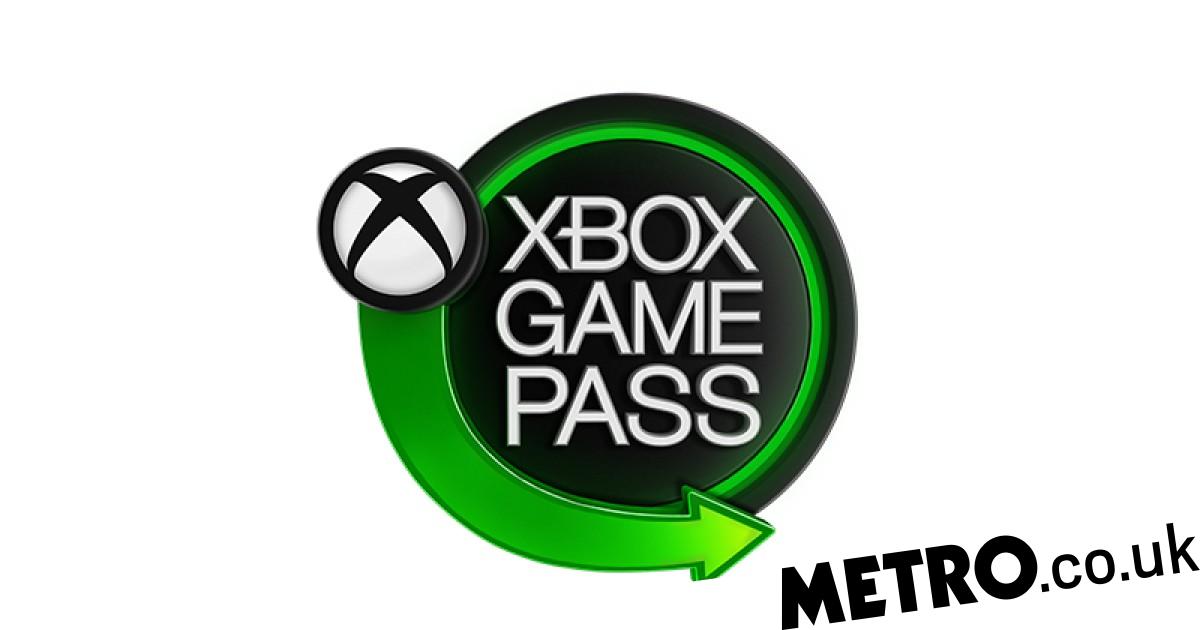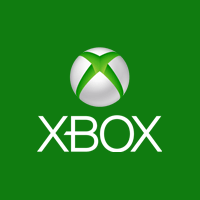Publishers Dislike Xbox Game Pass: Here’s Why
Imagine a world where you have access to a vast library of video games at your fingertips, all available for a low monthly fee. Sounds like a gamer’s dream come true, right? Well, not everyone in the gaming industry is thrilled about it. Xbox Game Pass, Microsoft’s subscription-based gaming service, has been a source of controversy among publishers. In this article, we’ll explore why publishers have reservations about Xbox Game Pass and how it impacts the gaming landscape.
The Rise of Xbox Game Pass

Xbox Game Pass burst onto the scene with its promise of unlimited access to a growing library of games. For a fixed monthly fee, gamers can dive into an extensive collection of titles, from indie gems to blockbuster hits. It’s an attractive proposition that has garnered a sizable subscriber base and turned heads in the gaming industry.
The Publisher’s Dilemma
While Xbox Game Pass offers an enticing opportunity for gamers, it presents challenges and concerns for publishers. Let’s take a closer look at why:
1. Financial Implications
Publishers rely on game sales to generate revenue and recoup their investments. With Xbox Game Pass, they receive a share of the subscription fee based on player engagement. This model introduces uncertainty and may lead to reduced financial returns for publishers.
2. Devaluation of Games
Xbox Game Pass subscribers have access to a vast library of games, including new releases. While this provides a unique chance for discovery, it also runs the risk of devaluing individual titles. If gamers can play a game without purchasing it outright, publishers worry that the perceived value of their creations diminishes.
3. Substituting Sales for Subscriptions
Xbox Game Pass subscribers have less incentive to buy games at full price when they can access them through the service. This shift from game purchases to subscription service usage can impact publishers’ bottom line and disrupt traditional revenue streams.
4. Negotiating Favorable Deals
Publishers must negotiate deals with Microsoft to include their games in Xbox Game Pass. These negotiations can be complex, and publishers may not always find the terms favorable. This dynamic further complicates the relationship between publishers and the service.
The Publisher’s Perspective

From a publisher’s point of view, it’s crucial to consider the potential benefits and drawbacks of participating in Xbox Game Pass:
Pros of Xbox Game Pass
Xbox Game Pass isn’t all gloom and doom for publishers. There are several advantages that make it an attractive avenue:
1. Exposure and Discovery
By including their games in Xbox Game Pass, publishers expose their titles to a broader audience. This increased visibility and accessibility can lead to greater discoverability for their games, especially for indie developers seeking recognition.
2. Recurring Revenue Stream
The subscription-based model of Xbox Game Pass provides publishers with a recurring revenue stream. Instead of relying solely on one-time game sales, they can benefit from sustained monthly payments from subscribers.
3. Monetizing Older Titles
Xbox Game Pass allows publishers to monetize older titles that may have dwindling sales numbers. By including these games in the service, publishers can generate additional revenue from games that might otherwise be forgotten.
Cons of Xbox Game Pass
On the flip side, publishers face potential challenges and drawbacks when participating in Xbox Game Pass:
1. Revenue Uncertainty
The revenue-sharing model employed by Xbox Game Pass introduces uncertainty for publishers. Depending on player engagement, the financial returns may not align with expectations, making it difficult to plan future investments.
2. Cannibalization of Sales
When players can access a game through subscription, they are less likely to purchase it outright. This can cannibalize sales and create a dilemma for publishers deciding whether to release a game on Xbox Game Pass simultaneously with its retail launch or delay its availability on the service.
3. Discoverability Challenges
The sheer volume of games available on Xbox Game Pass can make it challenging for a new release to stand out. With limited visibility, some publishers worry that their games may not receive the attention they deserve in a crowded catalog.
Conclusion

Xbox Game Pass has undoubtedly disrupted the traditional business model of game publishing. While it offers opportunities for exposure and a recurring revenue stream, publishers have valid concerns about financial implications and the devaluation of their games. Finding a delicate balance between the advantages and drawbacks of participating in Xbox Game Pass is crucial for publishers navigating the ever-evolving gaming landscape.
FAQs

1. Will Xbox Game Pass replace traditional game purchases?
No, Xbox Game Pass is an alternative offering that coexists with traditional game purchases. It provides gamers with a subscription-based model for accessing a library of games, but individual game purchases will still be available.
2. Can publishers remove their games from Xbox Game Pass?
Yes, publishers have the option to remove their games from Xbox Game Pass after a certain period. However, the specifics of these arrangements may vary depending on the agreement between the publisher and Microsoft.
3. Are there any benefits for indie developers on Xbox Game Pass?
Absolutely! Xbox Game Pass offers a platform for indie developers to showcase their games to a wider audience. It enhances visibility and can lead to significant exposure that may have been harder to achieve through traditional marketing channels.
4. Does Xbox Game Pass impact game quality or innovation?
There is no direct correlation between Xbox Game Pass and game quality or innovation. The service’s impact on these aspects largely depends on the decisions made by individual publishers regarding their releases and strategies.
5. Can Xbox Game Pass benefit gamers in the long run?
Yes, Xbox Game Pass can be a win for gamers. It offers affordable access to a vast library of games and encourages exploration of titles that may have been overlooked otherwise. Additionally, the recurring revenue stream for publishers may lead to more investment in the development of exciting new games.

